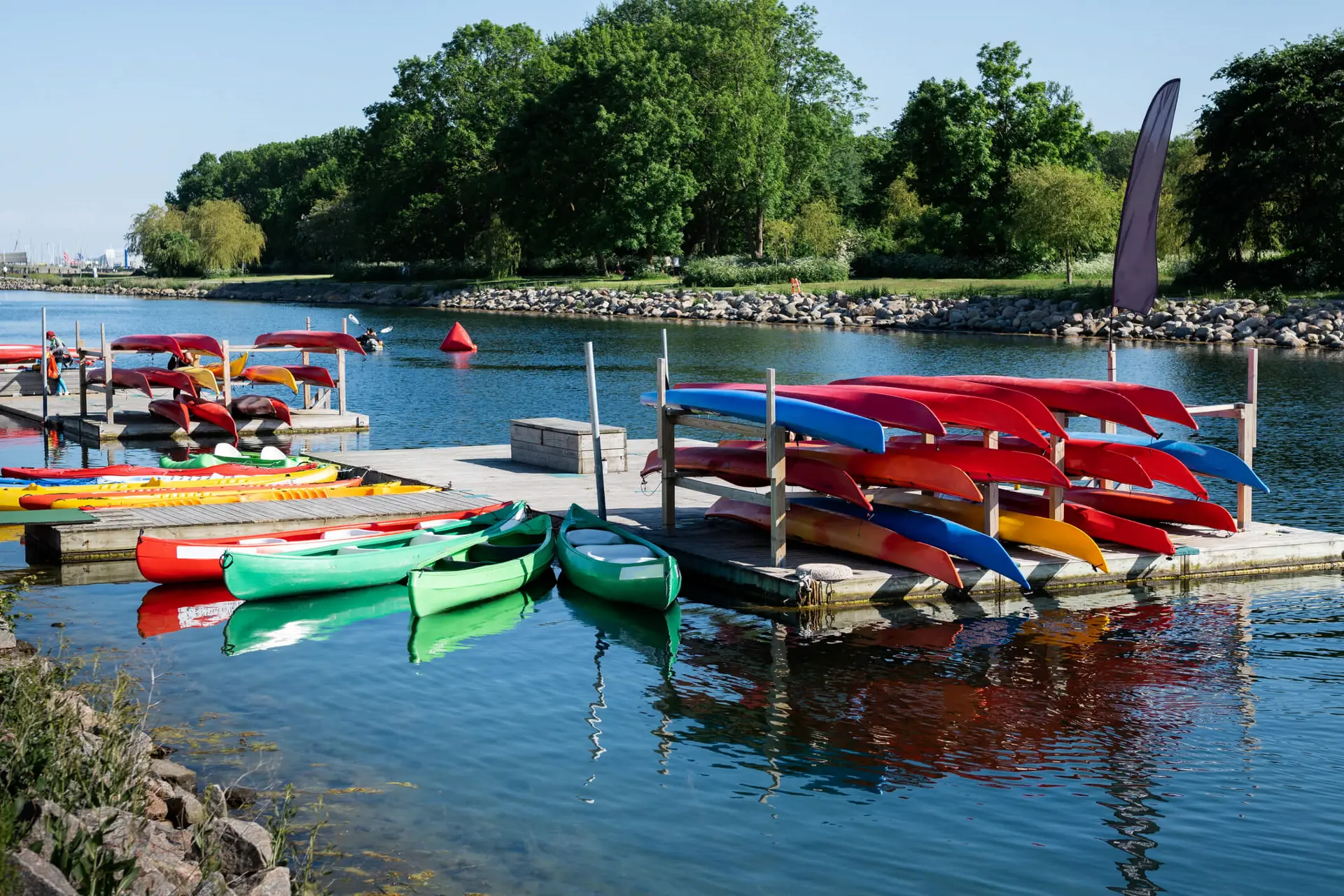Addressing the Issue of Sexual Abuse in Sports: The Case of Former Olympic Kayaker Angus Mortimer

Former Canadian Olympic kayaker Angus Mortimer has now been banned from the sport after a panel of adjudicators found him guilty of grooming teenage girls and coercing them into sex acts. This case highlights the importance of addressing and preventing sexual abuse within the sports community.
The Allegations and Panel's Decision.
Angus Mortimer, 38, was a member of the Canadian national kayaking team from 2005 to 2016 and competed in the 2008 Olympic Games. In 2019, five former athletes lodged complaints against Mortimer, accusing him of engaging in sexualized relationships with vulnerable female athletes as young as 15.
After an internal disciplinary proceeding, Canoe Kayak Canada (“CKC”) imposed a ban on Mortimer based on violations of their harassment and sexual harassment policies. The panel's decision revealed a pattern of alleged abusive behaviour by Mortimer, who targeted vulnerable athletes, often initiating contact through social media.
The Ban and Legal Proceedings.
Canoe Kayak Canada has now posted the ban on their website after delaying for eight months while Mortimer pursued appeals of their decision. His appeal was turned down by the CKC and a later appeal to the Sport Dispute Resolution Centre of Canada was recently given up.
Although a criminal investigation was conducted, Mortimer was not charged with any crime. The CKC panel, consisting of three lawyers, did not have the authority to determine whether any crimes had occurred, but they did find that Mortimer’s claim that the sexual contact was consensual was not credible.
Implications and Lessons Learned.
This case highlights the need for stricter policies and measures to recognize, prevent, and address sexual abuse cases within sports. CKC has initiated measures for enhancement, such as banning alcohol at team contests and training camps, compulsory training on safe sports, improved screening and educational programs, and a video series that explains policies for junior athletes. It's important to note that the panel's decision recommended further steps including: improvements to Canoe Kayak Canada's supervision at events and training camps, as well as adherence to policies.
By learning from sexual abuse cases like this and the Hockey Canada case, as well as taking proactive measures, we can ensure a safer environment for athletes and prevent such incidents from occurring in the future.
At Jellinek Ellis Gluckstein Lawyers we pride ourselves on our clients’ satisfaction. Our Toronto sexual abuse lawyers will try to answer your questions with knowledge and compassion.
If you are a survivor of sexual abuse contact us today. We are here to help.
